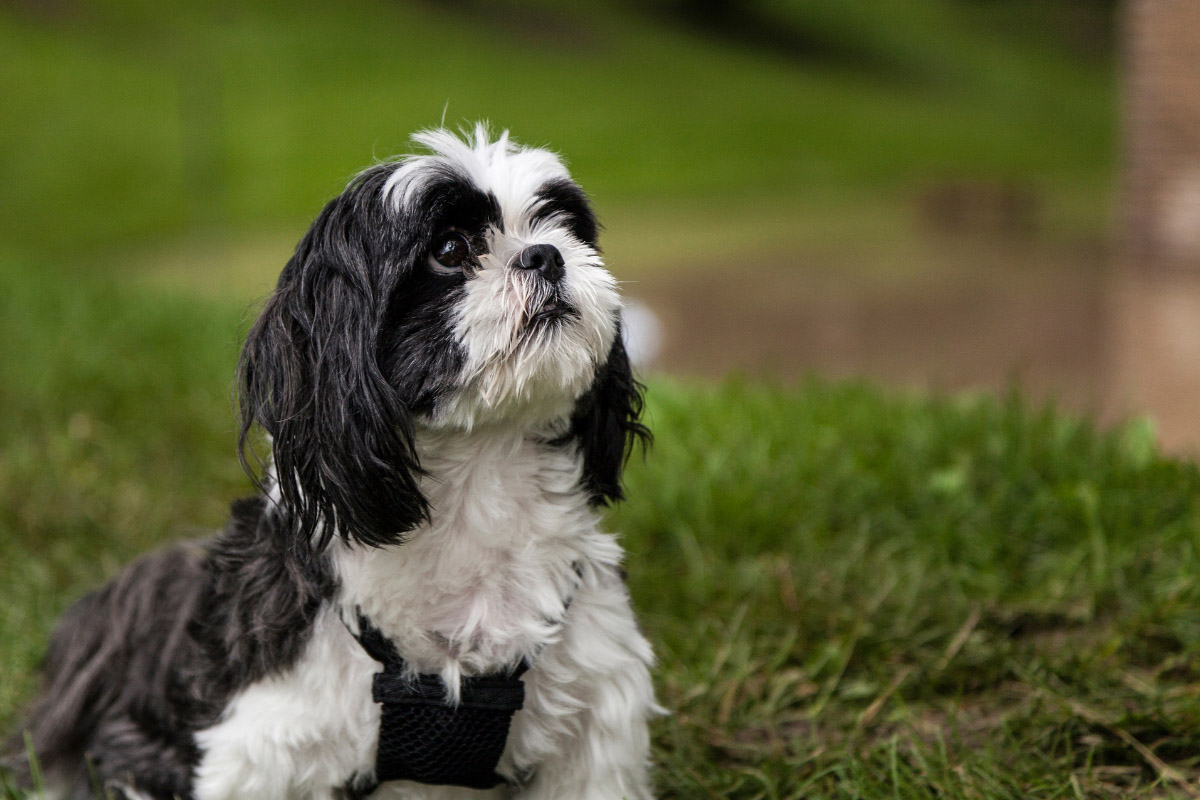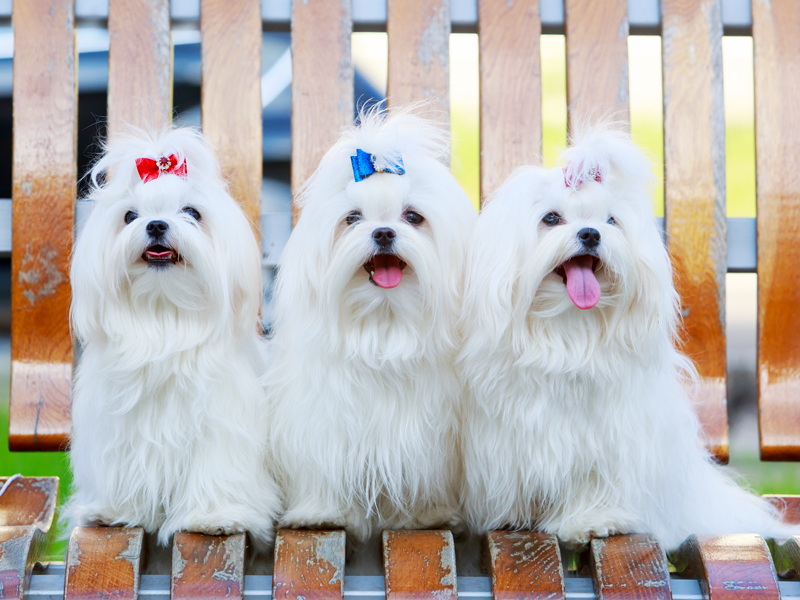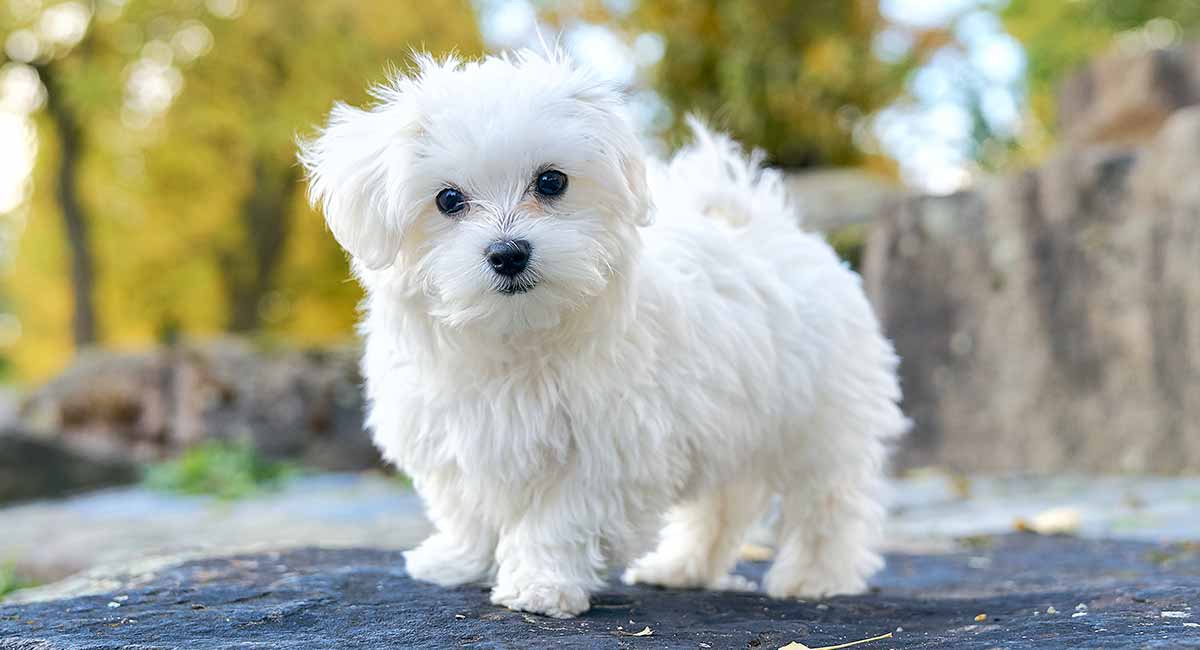The Maltese is a small, white dog with a long and noble history. They are known for their elegant appearance, affectionate personality, and lively spirit. Maltese dogs have been companions to royalty and nobility for centuries, and they continue to be popular pets today.
Origin and History

Early Origins
The exact origin of the Maltese dog is unknown, but they are believed to have originated in the Mediterranean region. They are named after the island of Malta, where they were once very common. The Maltese dog is thought to be descended from ancient Spitz-type dogs that were brought to Malta by Phoenician traders.
Favored by Royalty
Maltese dogs were highly valued in ancient times. They were considered to be symbols of wealth and status, and they were often given as gifts to royalty. Roman women were particularly fond of Maltese dogs, and they often carried them with them in their sleeves.
The popularity of Maltese dogs declined in the Middle Ages, but they began to make a comeback in the Renaissance period. By the 16th century, Maltese dogs were once again popular companions to royalty and nobility across Europe. Queen Elizabeth I of England was known to own several Maltese dogs, and she even took one of them with her on her coronation trip.
Arrival in America
Maltese dogs were introduced to the United States in the 19th century, and they quickly became popular pets. They were among the first breeds to be registered with the American Kennel Club in 1888.
Appearance
Physical Features
Maltese dogs are small dogs, typically weighing between 4 and 7 pounds. They have a long, silky white coat that can be worn in a variety of styles. Their heads are small and round, with large, dark eyes and a black nose. Their ears are long and pendulous, and their tails are carried curled over their backs.
Grooming Needs
The Maltese has a long, flowing coat that requires regular brushing and combing to prevent mats and tangles. Many owners keep their Maltese clipped in a “puppy cut” for easy maintenance. Their faces may need regular cleaning to prevent staining around the eyes. Overall, the Maltese is a relatively high-maintenance dog when it comes to grooming.
Temperament

Affectionate
Maltese dogs are known for their affectionate and gentle personalities. They thrive on being close to their owners and are often content sitting on their owner’s lap or following them from room to room. Maltese form very strong attachments to the people in their lives and do not like to be separated from familiar humans for long periods.
Playful
Despite their small size, Maltese dogs are lively and playful. They enjoy playing games like fetch, learning tricks, and going on walks. Maltese tend to remain playful and puppy-like well into their senior years. With plenty of exercise and playtime, the Maltese is an energetic companion.
Intelligent
Behind the Maltese’s cute look lies an intelligent mind. Maltese are eager to please and respond well to training that uses positive reinforcement techniques. They pick up on cues and commands very quickly. With their intelligence and people-pleasing personalities, Maltese excel at dog sports like agility, obedience, rally, and more.
Care

Exercise
While they are small, Maltese still need daily exercise to remain healthy and happy. Taking them on 20-30 minute walks and playing fetch or tug games helps meet their exercise needs. Lack of activity can lead to problematic behaviors in this energetic breed.
Training Tips
Early socialization and positive training helps ensure Maltese puppies grow into well-adjusted adult dogs. Their intelligence makes them very trainable, but their sensitive nature responds best to gentle guidance rather than harsh corrections.
Ideal Home
Though they can adapt to any home, Maltese do best in homes where they can be close to their owners most of the time. Their small size makes them a good match for apartment living. Maltese should be kept primarily indoors as they are not well-suited for being outdoor dogs.
Health

Lifespan
With proper care, Maltese can live 12-15 years on average. Some have been known to live as long as 18 years.
Issues to Watch For
While generally healthy, some issues seen in Maltese include hypoglycemia in puppies, collapsing trachea, patellar luxation, dental problems, and eye conditions like cataracts. Reputable breeders screen their breeding dogs to reduce the risk of these issues.
Routine Vet Care
In addition to condition screenings and treatment as needed, Maltese should receive routine vet care like vaccines, heartworm tests, dental cleanings, and nail trims. Preventative care is important to help the Maltese live a long and comfortable life.
Conclusion
The Maltese is a adaptable small dog with a big personality. They are affectionate, playful, and intelligent dogs that make excellent companions. If you are looking for a small dog that will deeply bond with you, the Maltese could make a perfect pet. With minimal grooming requirements and exercise needs, Maltese can thrive in any loving home.